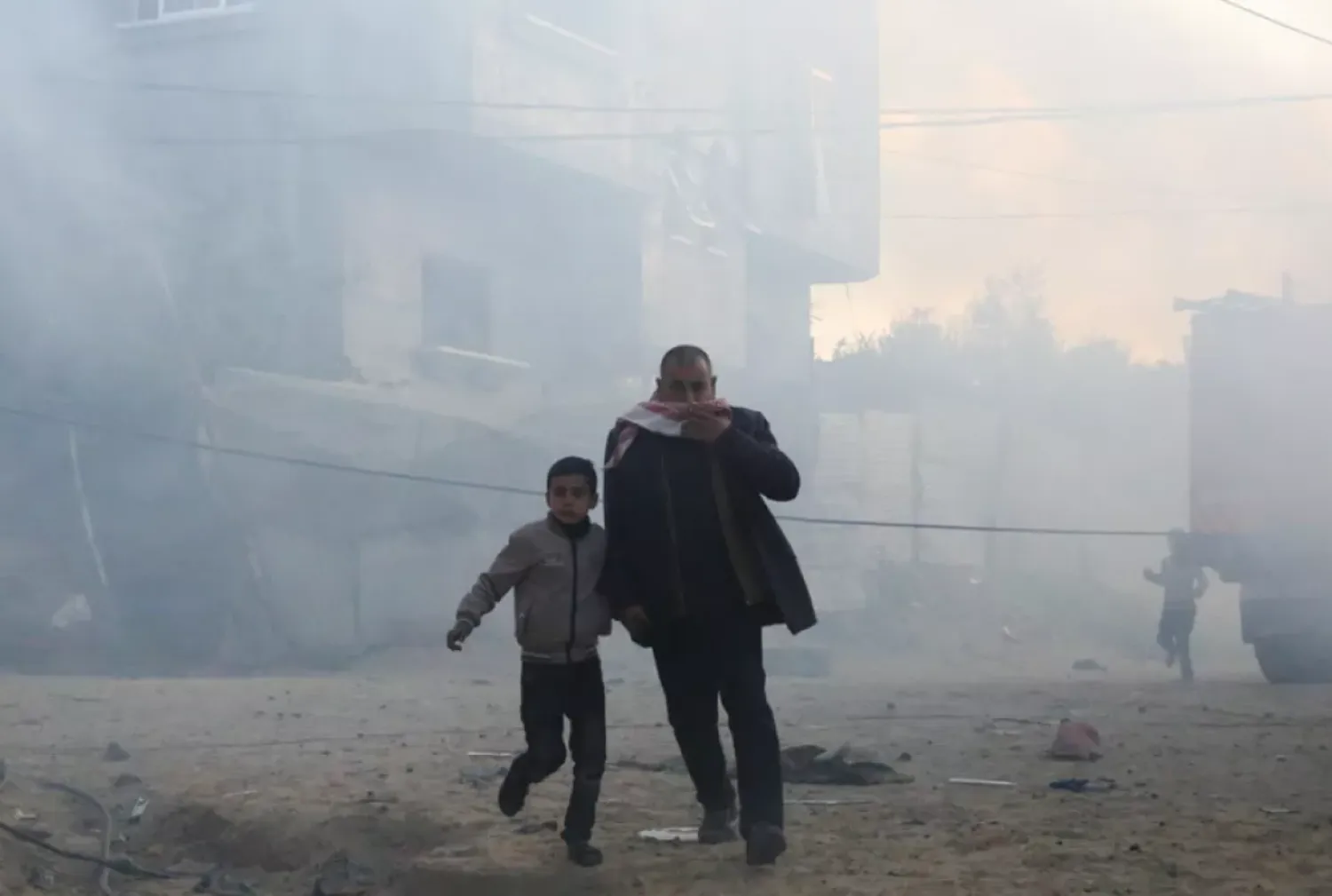Israel ordered new evacuations from parts of Gaza City on Tuesday, as a study led by the UN children's agency found that one in six children are acutely malnourished in the isolated and largely devastated north of the territory, where the city is located.
The report finds deepening misery across the territory, where Israel's air and ground offensive, launched in response to Hamas' Oct. 7 attack.
Israel has vowed to expand the offensive to the Gaza Strip's southernmost city of Rafah, where more than half of the territory's population of 2.3 million has sought refuge from fighting elsewhere. Many have crowded into sprawling tent camps and overflowing UN-run shelters near the Egyptian border.
On Tuesday, the military ordered the evacuation of the Zaytoun and Turkoman neighborhoods on the southern edge of Gaza City, an indication that Palestinian militants are still putting up stiff resistance in areas of northern Gaza that the Israeli military said had been largely cleared weeks ago.
Residents said there have been airstrikes and heavy ground fighting in eastern parts of Gaza City over the past two days. “The situation is very difficult," said Ayman Abu Awad, who lives in Zaytoun. "We are trapped inside our homes.”
The report by the Global Nutrition Cluster, an aid partnership led by the UN children's agency, UNICEF, says more than 90% of children under five in Gaza eat two or fewer food groups a day, known as severe food poverty. A similar percentage are affected by infectious diseases, with 70% experiencing diarrhea in the last two weeks.
More than 80% of homes lack clean and safe water, with the average household having one liter (quart) per person per day, according to the report released Monday.
In Gaza’s southernmost city of Rafah, where most humanitarian aid enters, the acute malnutrition rate is 5%, compared to 15% in northern Gaza, which has been isolated by the Israeli military and largely cut off from aid for months. Before the war the rate across Gaza was less than 1%, the report said.
“The Gaza Strip is poised to witness an explosion in preventable child deaths, which would compound the already unbearable level of child deaths in Gaza,” UNICEF official Ted Chaiban said in a statement.
A UN report in December found that Gaza’s entire population of 2.3 million Palestinians is in a food crisis, with a quarter of the population facing starvation.
Israel says it does not restrict the import of humanitarian supplies, but aid groups say delivery within Gaza has been severely hampered by Israeli road closures, ongoing fighting and the breakdown of law and order as Israeli strikes have targeted the Hamas-run police force.
The UN agency for Palestinian refugees, the main provider of aid in Gaza, said earlier this month that Israel was holding up a food shipment that could feed over a million people. Israel accused 12 employees of the agency of taking part in the Oct. 7 attack, without providing evidence. That led several donors to freeze vital funding for the agency, even after it fired the workers and launched an independent investigation.









